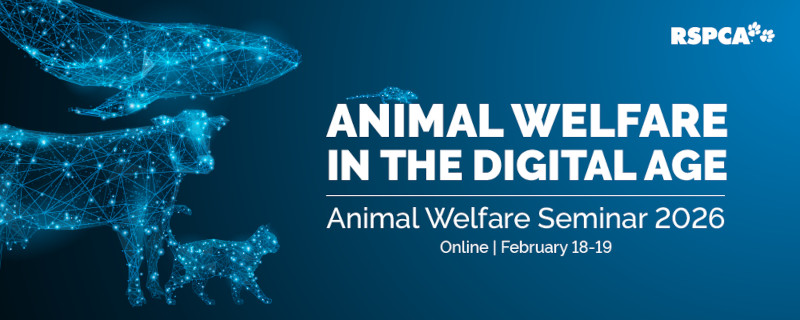The cardinal rule when looking for a dog or cat online is never buy an animal without meeting them in person.
The RSPCA encourages prospective owners to adopt an animal from the RSPCA or other reputable animal welfare, rehoming, or rescue organisation. Check your local RSPCA animal care centre and www.adoptapet.com.au.
If you are unable to find an animal from a reputable animal welfare, rehoming, or rescue organisation, you may be looking online for an animal who is being rehomed privately, or to purchase a cross-breed or pure-breed from a responsible breeder and should be vigilant for the following ‘red flags’.
Never buy blind
Never buy an animal sight unseen (buying blind). Always meet the animal in person first. Meeting an animal before you bring them home is important for many reasons:
- To assess the health and behaviour of the animal
- To see the conditions and level of care where the animal has been bred/kept
- To ensure you and the animal are a good match
- To ask the seller lots of questions about the animal’s individual needs and characteristics
- To avoid falling victim to scams
- To avoid supporting puppy farms
If you buy an animal online without meeting them first, you could be inadvertently supporting puppy/kitten farms or backyard breeders who do not care for their animals appropriately. Additionally, you could fall victim to a scam. Scammers typically request up-front payment(s) for non-existent animals. Puppy scams in particular are on the rise, with Australian consumers losing millions of dollars to these scams every year.
Keep an eye out for ‘red flags’ in ads which might indicate that something is amiss:
- “Six-weeks-old” – No reputable seller would transfer a puppy or kitten under 8 weeks of age because it is prohibited in several Australian states and territories, and puts vulnerable unweaned (not able to feed independently) animals at risk.
- “Delivery can be arranged” – No reputable seller would be willing to part with an animal without meeting prospective owners first. Sellers should meet new owners and ask lots of questions to ensure their puppies or kittens are going to suitable homes. Likewise, you need to meet the seller to do your due diligence.
- “Parents DNA tested” – This may look like a helpful statement, but it is meaningless unless legitimate proof of DNA testing is provided, and the health issues tested for are known to be associated with that breed. Breeders should also be able to tell you what they plan to do about the test results (e.g., not breed from dogs who are affected by/carry genes associated with those health issues). Many breeds have specific health issues. Do your research (including talking to a vet) to understand the relevance of tests.
- Limited information – Alarm bells should be raised if the advertisement is very brief, and does not include basic information such as whether the animal is microchipped/vaccinated/desexed, how they have been bred/sourced, the animal’s history and, if applicable, their individual needs (e.g., health issues) and characteristics (e.g., personality, likes/dislikes).Brand new website – Check whether the website address/domain name is well-established or has only just been created, which may indicate a scam site.
- Seller details – Check whether the phone number, email, or website address/domain name have been reported for scams by entering them into a search engine. Do a reverse image search to see if the images used in the advertisement have been lifted from other websites. Look up or contact the relevant registries to cross-check details in the ad (e.g., microchip numbers, breeder numbers, membership of breeder associations).
For more information, see the Knowledgebase article ‘I‘m looking for a new pet where should I go?’, and the RSPCA Smart Puppy Buyers Guide and Smart Kitten and Cat Buyers Guide.

